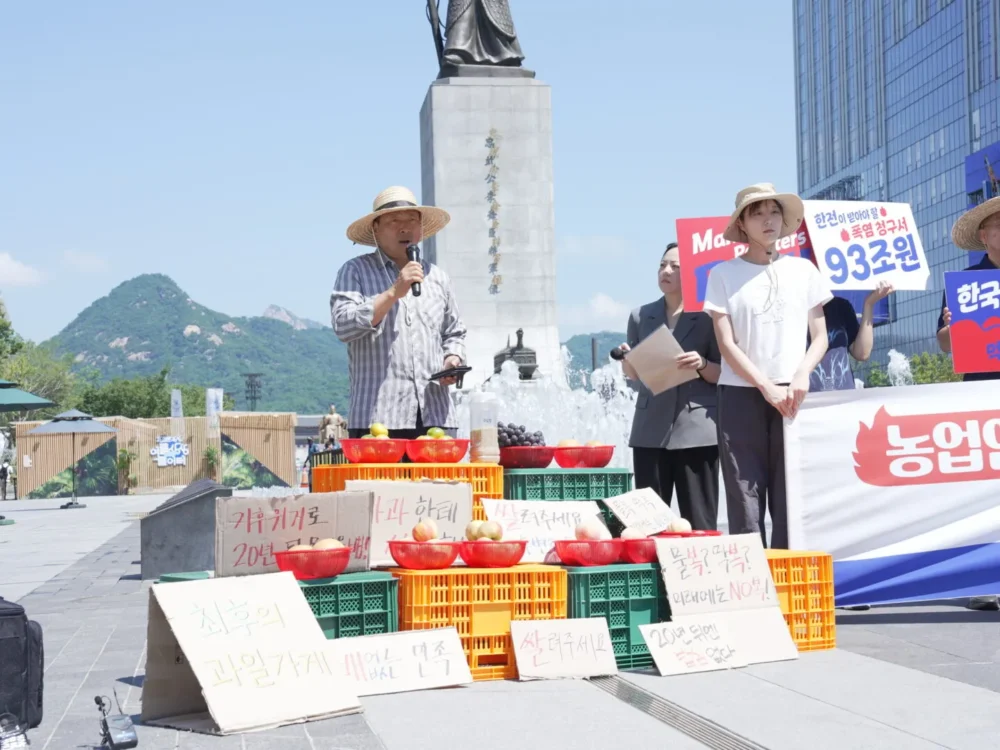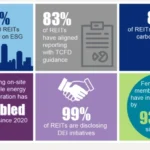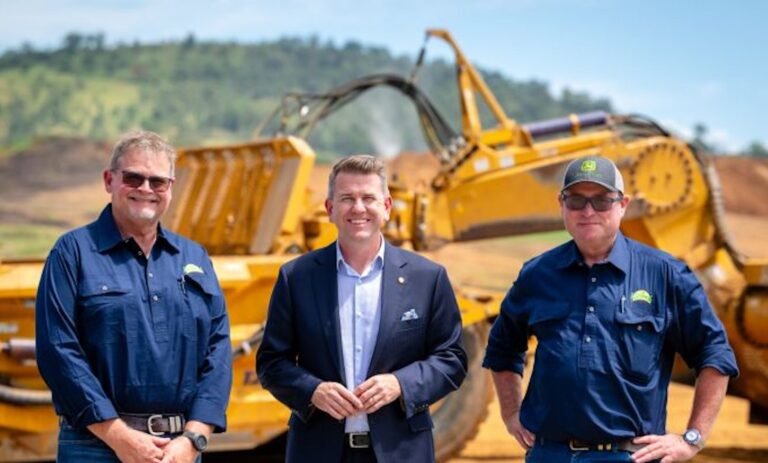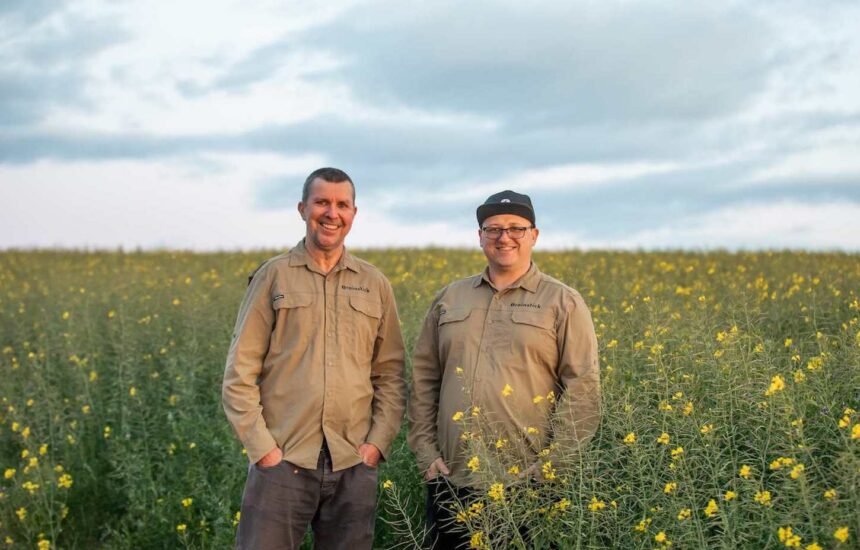Yong-un Ma, a Korean apple farmer, speaks at a press conference on August 12 2025 (Photo: Solutions For Our Climate)
The climate fight is moving from political pledges to legal challenges — and farmers are leading the charge.
In South Korea, six rice and fruit growers have launched a landmark case against state-owned utility KEPCO, arguing that its reliance on coal has worsened climate change, fuelling the erratic weather that destroyed their crops. Backed by data showing KEPCO and its subsidiaries produced more than a quarter of the nation’s emissions between 2011 and 2022, the farmers are seeking compensation for lost livelihoods and emotional harm — along with a symbolic payment of 2,035 won, the year by which they argue coal must be phased out.
At the same time, the International Court of Justice (ICJ) has issued an advisory opinion that under the Paris Agreement, climate finance must align with the 1.5°C goal. While not legally binding, the opinion sets the stage for courts worldwide to treat climate funding and emissions obligations as enforceable responsibilities — not political goodwill.
Together, the ICJ opinion and the KEPCO lawsuit mark a turning point: the courts are becoming a frontline in climate accountability.
What it means for Australian agriculture
For Australia, the implications are profound. Farmers here are already living with climate volatility: prolonged droughts, catastrophic floods, shifting rainfall patterns, and heatwaves that slash crop yields. Insurance costs are rising, and supply chains are increasingly fragile.
If South Korean farmers can take a power utility to court for climate damage, could Australian growers soon look closer to home — or even to Canberra — for accountability? Legal experts suggest that once precedent is set overseas, similar claims could test Australia’s legal system, particularly around corporate responsibility and government climate policy.
The message to agribusiness and policymakers is clear: adaptation isn’t enough. Farmers are demanding mitigation too — tangible cuts in emissions, clean energy investment, and resilient food systems. Australia’s reliance on coal and gas exports could expose both the government and major emitters to future litigation if agriculture communities argue their livelihoods are being sacrificed.
A wake-up call?
For Australia’s $80 billion agriculture sector, this case is a warning shot. The farm lobby has traditionally pushed for drought relief and adaptation funding, but global climate litigation is reframing the debate: farmers may start seeking justice not just from nature’s unpredictability, but from those fuelling the crisis.
Australia’s Farmers for Climate Action (FCA) is a national, farmer-led movement representing more than 8,000 Australian farmers and agricultural workers. FCA advocates for strong climate policy, renewable energy uptake, and support for rural communities adapting to climate impacts. They’ve mobilised farmers to meet MPs, released reports on climate risks to agriculture, backed renewable projects on farmland, and run leadership programs to amplify regional voices. FCA positions farmers not just as victims of climate change, but as frontline leaders in solutions.
As climate shocks intensify, South Korea’s lawsuit could inspire a new kind of activism in rural Australia. The next frontier of farm advocacy might not be in parliament — but in the courts.
The question isn’t if legal pressure will come to Australia’s agriculture sector. It’s when.











